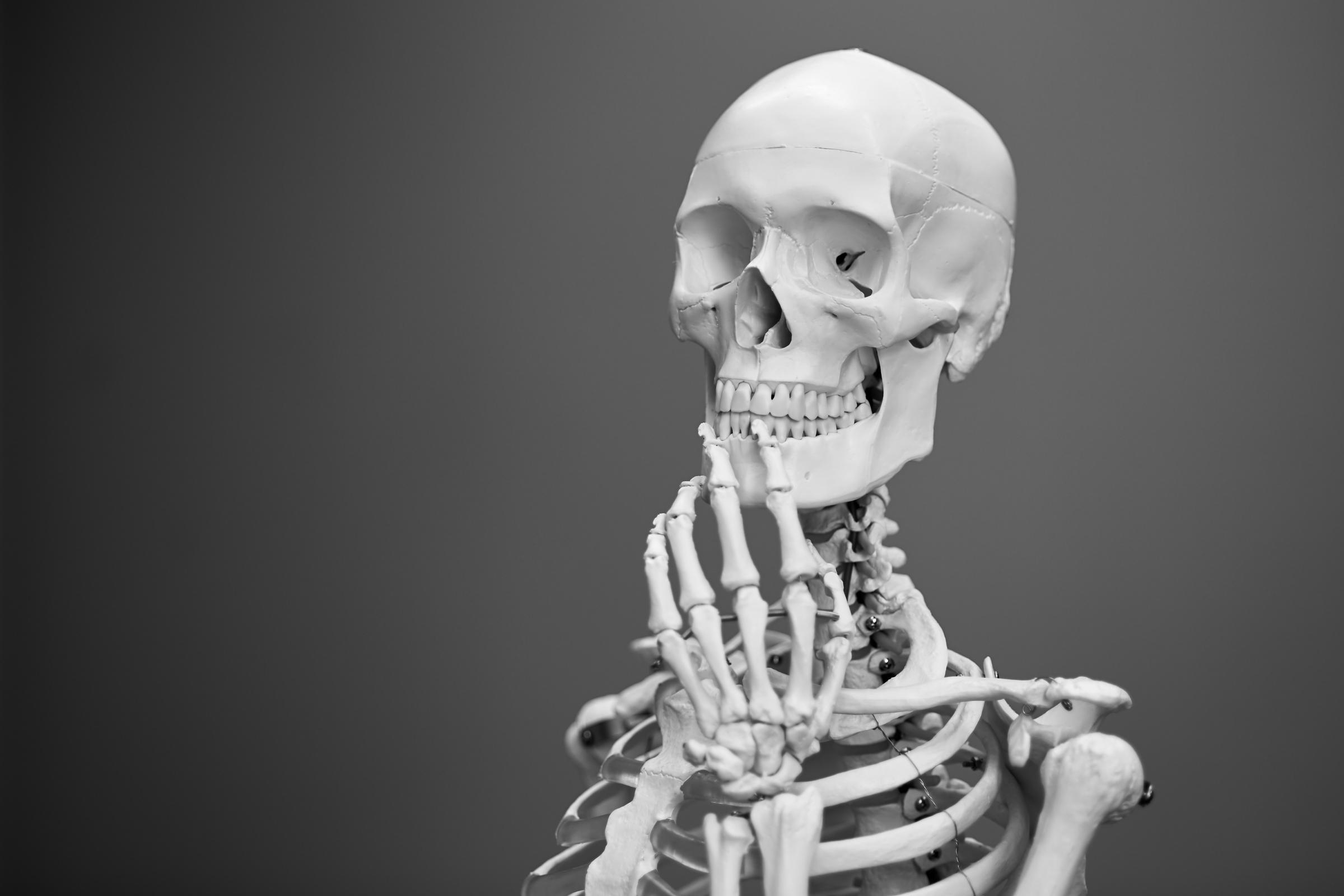Science

Core - Semester 1
Content Strands
- Science Understanding
- Science Inquiry Skills
Course Overview
The study of Science at Year 10 focuses on aspects of the physical world, life and living and natural and processed materials. Students are expected to develop a thorough understanding of chemical reactions, electricity and electronics, force and movement, inheritance and evolution. In addition to and incorporated within these learning strands, students also gain experience with and develop their skills in the processes of scientific investigation through research and experimentation.
What Will Students Learn?
Biological
- Students also explored the theory of evolution by investigating how changes in organisms over time can be explained through adaptation, natural selection and artificial selection
Chemical Sciences
- Chemical reactions involve rearranging atoms to form new substances; during a chemical reaction mass is not created or destroyed
- Different types of chemical reactions are used to produce a range of products and can occur at different rates; chemical reactions may be represented by balanced chemical equations
- Chemical reactions, including combustion and the reactions of acids, are important in both non-living and living systems and involve energy transfer
Earth and space sciences
- The Universe contains features including galaxies, stars and solar systems; the Big Bang theory can be used to explain the origin of the Universe
Physical Sciences
- The explanation of the motion of objects involves the interaction of forces and the exchange of energy and can be described and predicted using the laws of physics
FORENSIC SCIENCE
Core Elective - Semester 2
Content Strands
- Science Understanding
- Science Inquiry Skills
Course Overview
In this unit students look at how scientific techniques can be used to help solve crimes. Students are involved in investigations and are introduced to a range of different aspects of forensic science. Students are encouraged to improve their scientific understanding and skills by interacting with a variety of learning experiences that includes laboratory work, thus enhancing their science inquiry skills. The nature, development, use and influence of science are explored.
What Will Students Learn?
Biological Sciences
- Students will use Blood typing + fingerprint analysis to isolate a suspect’s data
- Through learning about DNA, students will learn how suspects may be identified using Gel Electrophoresis
Chemical Sciences
- Students will link reactions of common substances to the forensic world
- They will look into decomposition to learn how different environments can affect how organisms decay
Physical Sciences
- Student will attempt Accident reconstruction and recreate blood splatter patterns to learn what may have happened during a particular event
Psychology
- Students will learn how to profile killers. They will investigate whether killers made or born by completing a research task
PHYSICAL SCIENCE
Elective - Semester 2
Content Strands
- Science Understanding
- Science Inquiry Skills
Course Overview
This course will continue to develop science skills through the lens of sustainability and use of earth’s resources. It will focus on the key points to understanding experimental design and teach students how to research and design their own experiment. This course is a ‘taster of what to expect at VCE as all science courses require students to design an experiment. This unit can be seen as an introduction to the more specialised VCE units of Chemistry, Physics and Environmental Science. Students who have an interest in science but are undecided on their preferences are advised to select this unit. Students are encouraged to improve their scientific understanding and skills by interacting with a variety of learning experiences that includes laboratory work, thus enhancing their science inquiry skills. The nature, development, use and influence of science are explored.
What Will Students Learn?
Chemical and Physical Sciences
- Science skills to enhance ability to create own experimental design
- Types of energy
- Chemical properties of resources
- Sustainability of crude oil and electricity
- Efficiency of scientific processes
Experimental Design
- Science skills to enhance ability to create own experimental design
LIFE SCIENCE
Core Elective - Semester
Content Strands
- Science Understanding
- Science Inquiry Skills
Course Overview
This course will continue to develop science skills through the lens of mind, body and spirit. It will focus on the key points to understanding experimental design and teach students how to research and design their own experiment. This course is a ‘taster of what to expect at VCE as all science courses require students to design an experiment. This unit can be seen as an introduction to the more specialised VCE units of Biology and Psychology. Students who have an interest in science but are undecided on their preferences are advised to select this unit. Students are encouraged to improve their scientific understanding and skills by interacting with a variety of learning experiences that includes laboratory work, thus enhancing their science inquiry skills. The nature, development, use and influence of science are explored.
What Will Students Learn?
Biological and Psychological Sciences
- Science skills to enhance ability to create own experimental design
- Nervous and endocrine system
- Hormones at a cellular level and how they relate to stress and fear
- How the body responds to trauma (infection)
- How does the body respond to trauma?
- Investigate infection and disease and the pathogens that cause it
- Look at prevention through vaccination, hygiene and herd immunity
- What are the effects of altered states of consciousness?
- Sleep – night terrors, narcolepsy and sleep apnea
- Alcohol – effects on reflex and reasoning
Experimental Design
- Work in groups to design your own experiment based on what you have learned
What will the assessment look like?
- First hand data collection of controlled experiments
- Analysis of cells involved in bodily response, scientific models
- Students will design and carry out their own investigation and complete a scientific poster